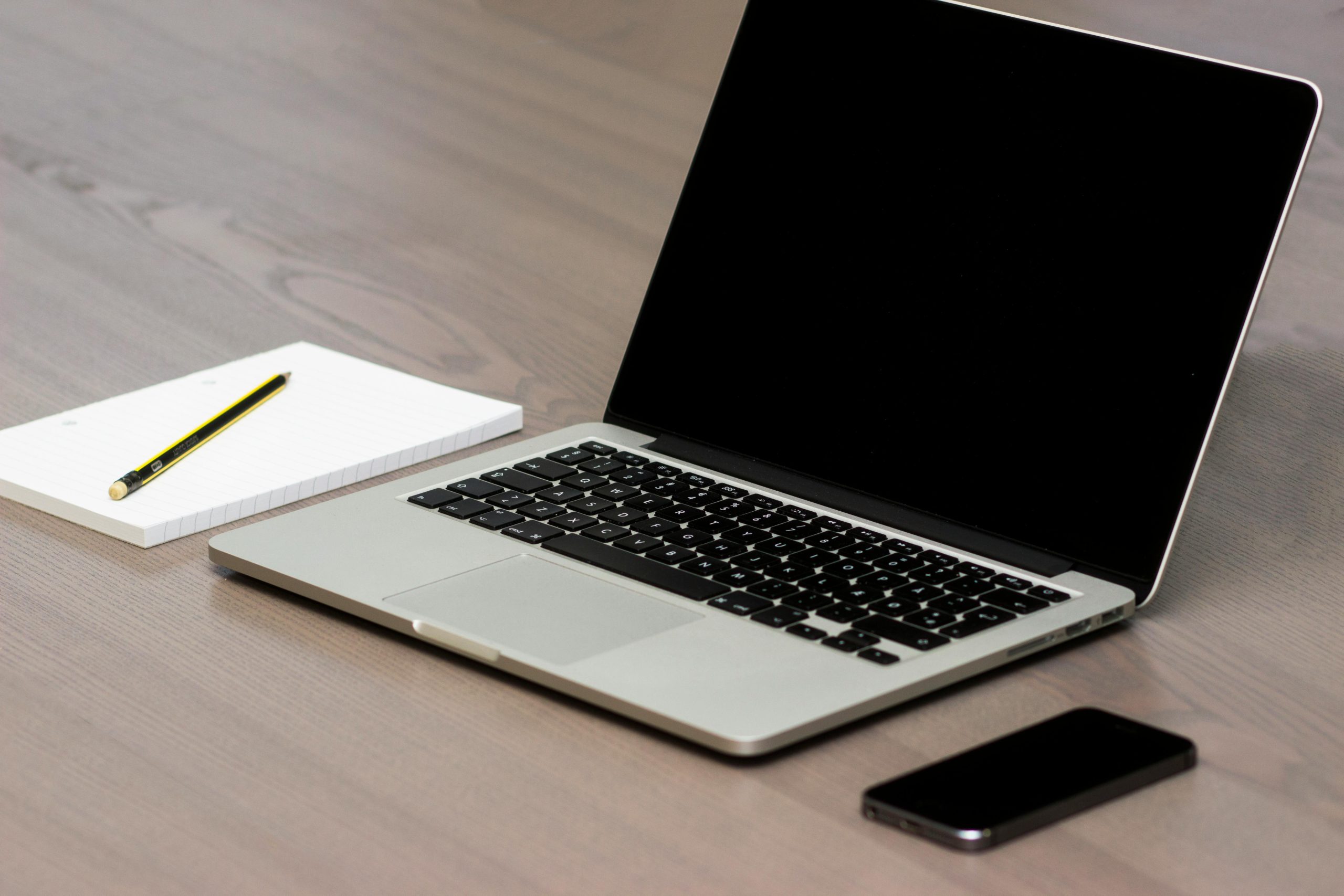Used Laptop Buying Guide: Score a Steal, Not a Steal
Buying a used laptop can be a fantastic way to save money without sacrificing performance. But with so many variables, it’s easy to get burned. Let’s dive into the details to help you make an informed decision.
Know What You Need
Before you start browsing, figure out why you need a laptop. Are you a student needing something for essays and streaming? A gamer chasing high-performance graphics? Or a professional looking for a reliable workhorse? Your answer will guide your search.
Also, set a budget. Used laptops come in all price ranges, so knowing your limit upfront will save you time and frustration.
Inspect It Like a Pro
Once you find a potential laptop, give it a thorough inspection:
- Look it over: Check for any obvious damage like cracks, scratches, or a wonky hinge. A well-cared-for exterior often means the laptop has been treated well inside.
- Test the basics: Make sure the keyboard and touchpad are responsive and smooth. A clunky keyboard or jumpy mousepad can be a real pain.
- Screen check: Look for dead pixels, discoloration, or weird brightness issues. A cracked or faulty screen can be costly to replace.
- Port perfect: Test all the ports – USB, headphone jack, charging port. Nothing’s worse than buying a laptop with a broken charger port.
Battery Life Matters
A dying battery can be a major bummer. Ask the seller about battery life and do a test run if possible. Some laptops have built-in tools to check battery health, so take advantage of those.
Peek Under the Hood
The inside counts just as much as the outside. Here’s what to look for:
- Processor power: The brain of the laptop. A faster processor means smoother performance.
- Memory matters: RAM is essential for multitasking. 8GB is usually a good starting point, but more is better for demanding tasks.
- Storage showdown: SSDs are faster and quieter than traditional HDDs. Aim for at least 256GB SSD for a decent experience.
- Graphics card: If you’re a gamer or graphic designer, a dedicated graphics card is a must. Otherwise, integrated graphics will suffice.
Software Sanity Check
Make sure the laptop has a legit operating system with a valid license. You don’t want to be stuck with a laptop that can’t get updates or has shady software pre-installed.
Seller Savvy
A good laptop often comes from a good seller. Check online reviews if possible and don’t hesitate to ask questions. A trustworthy seller will be upfront about the laptop’s history.
Put It to the Test
Before handing over the cash, give the laptop a workout. Open multiple tabs, run demanding programs, and check the battery life. Listen for strange noises and watch for overheating.
Upgrade Potential
Some laptops let you boost performance by upgrading RAM or storage. This can extend the laptop’s life. Check if this is an option before buying.
Price Check
Do your research. Compare prices for similar models to ensure you’re getting a fair deal. Remember, the cheapest option isn’t always the best if it comes with problems.
Still unsure about buying used?
By following these tips, you’ll be well-equipped to find a used laptop that fits your needs and budget. Happy hunting!
Article used with permission from The Technology Press.


Comments are closed